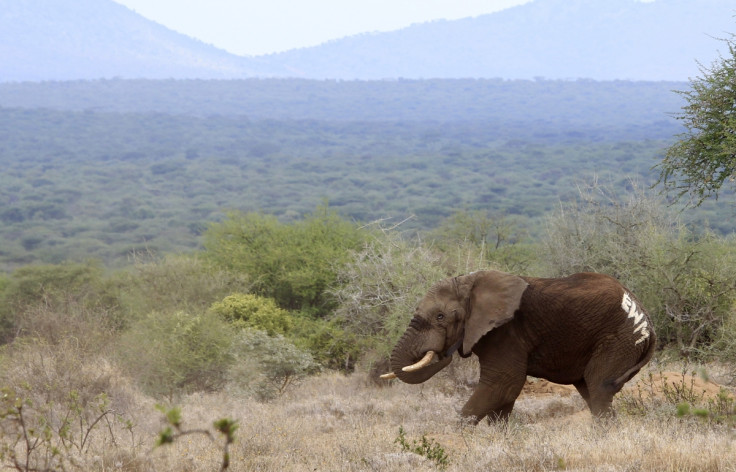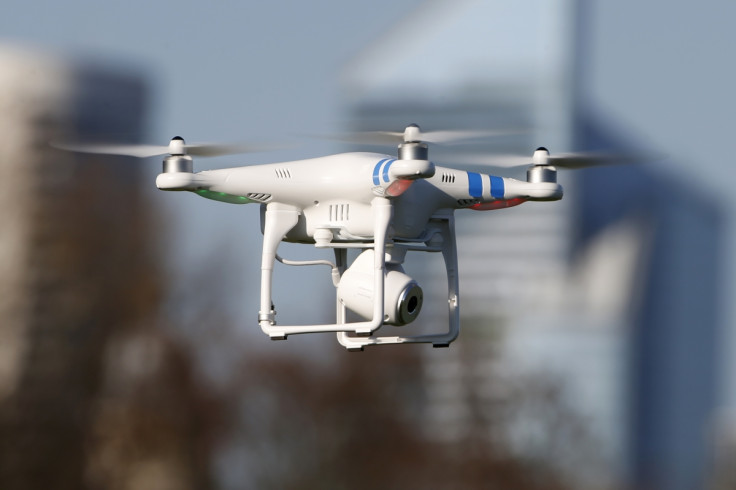Drones to Join Fight Against Elephant and Rhino Poachers in Kenya

The Kenya Wildlife Service (KWS) is currently seeking funding from non-profit organisations so that it can deploy unmanned flying drones to help patrol its national parks and deter animal poachers.
"These drones will help us cover a huge area in a short period of time compared to a battalion of rangers, which would take up to a month. This is economical as it will reduce wear and tear, cost of fuel for vehicles, feeding the rangers and save a lot of time," KWS deputy director of security Julius Kimani told HumanIPO at a press conference held at the Nairobi National Park.
"We are asking well-wishers and NGOs that are working towards wildlife conservation in the country to chip in by helping KWS purchase some of this vital equipment."
KWS deputy director for wildlife conservation said that unmanned flying drones will be stationed at the Tsavo National Park, one of the largest national parks in the world.
"We want our technology enhanced because some poachers these days are equipped with hi-tech night vision goggles, therefore they are able to see in the dark and avoid our rangers, and this also gives them an upper-hand because they can accurately attack their game of choice," said Edwin Wanyonyi, deputy director of strategy and change at KWS.

The KWS currently does not have enough rangers, bulletproof vests, thermo imagers and night vision goggles to adequately protect its parks.
"In our force modernisation project we have tried using satellite collars on our endangered species to help keep track of them. We have also fitted microchips on rhino horns in a bid to track trafficking of the horns, not forgetting the use of aircrafts fitted with cameras and GPS tracking systems," Patrick Omondi, KWS deputy director of wildlife conservation said.
Poaching remains a big problem in sub-Saharan Africa, and Kenya has lost 18 rhinos and 51 elephants this year alone. In 2013, 59 rhinos and 302 elephants were killed, compared to 30 rhinos and 384 elephants in 2012.
Large well-armed criminal gangs kill the animals in order to harvest elephant tusks and rhino horns which are exported to Southeast Asia, where demand is high and the ivory tusks and horns sell for high prices.
Kenya introduced new tougher anti-poaching laws in December 2013. Previously the worst wildlife crimes carried a maximum prison sentence of 10 years and a maximum fine of 40,000 shillings (£279).
In new legislation, killing endangered animals carries the penalty of life imprisonment and fines that go up to 20 million shillings.
Over 249 people have so far been arrested this year for poaching, and a Chinese man was convicted in January of smuggling ivory and ordered to pay the full 20m shilling fine, or face seven years in jail.
© Copyright IBTimes 2025. All rights reserved.






















